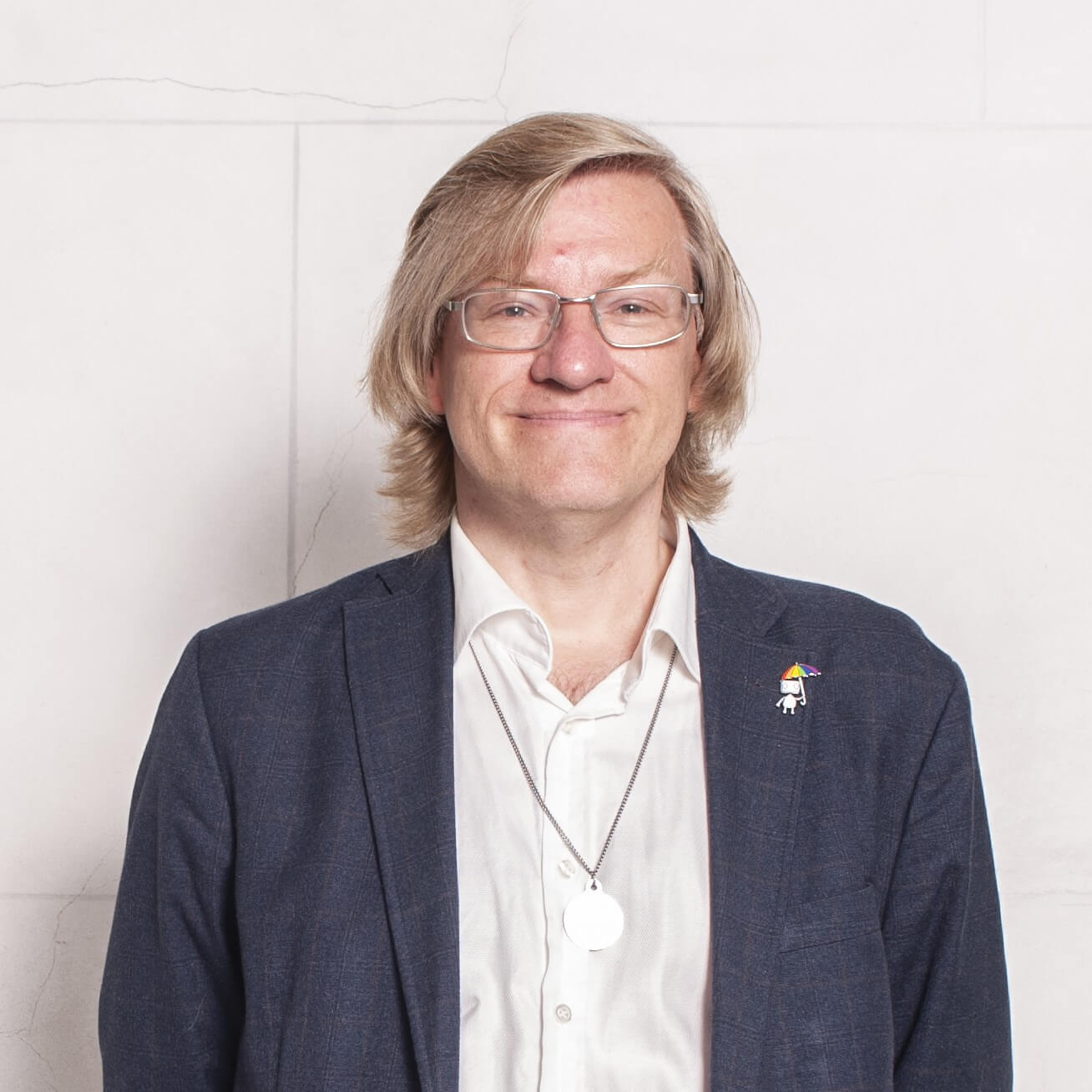
Anders Sandberg

Anders Sandberg

Anders is a Senior Research Fellow at the Future of Humanity Institute at University of Oxford. His research at the institute centers on management of low-probability high-impact risks, estimating the capabilities of future technologies, and very long-range futures. Topics of particular interest include global catastrophic risk, cognitive biases, cognitive enhancement, collective intelligence, neuroethics, and public policy. Anders has a background in computer science, neuroscience and medical engineering. He obtained his Ph.D. in computational neuroscience from Stockholm University, Sweden, for work on neural network modelling of human memory.
Do you have any questions?
Do you want to always be up to date?
Do you have any questions?